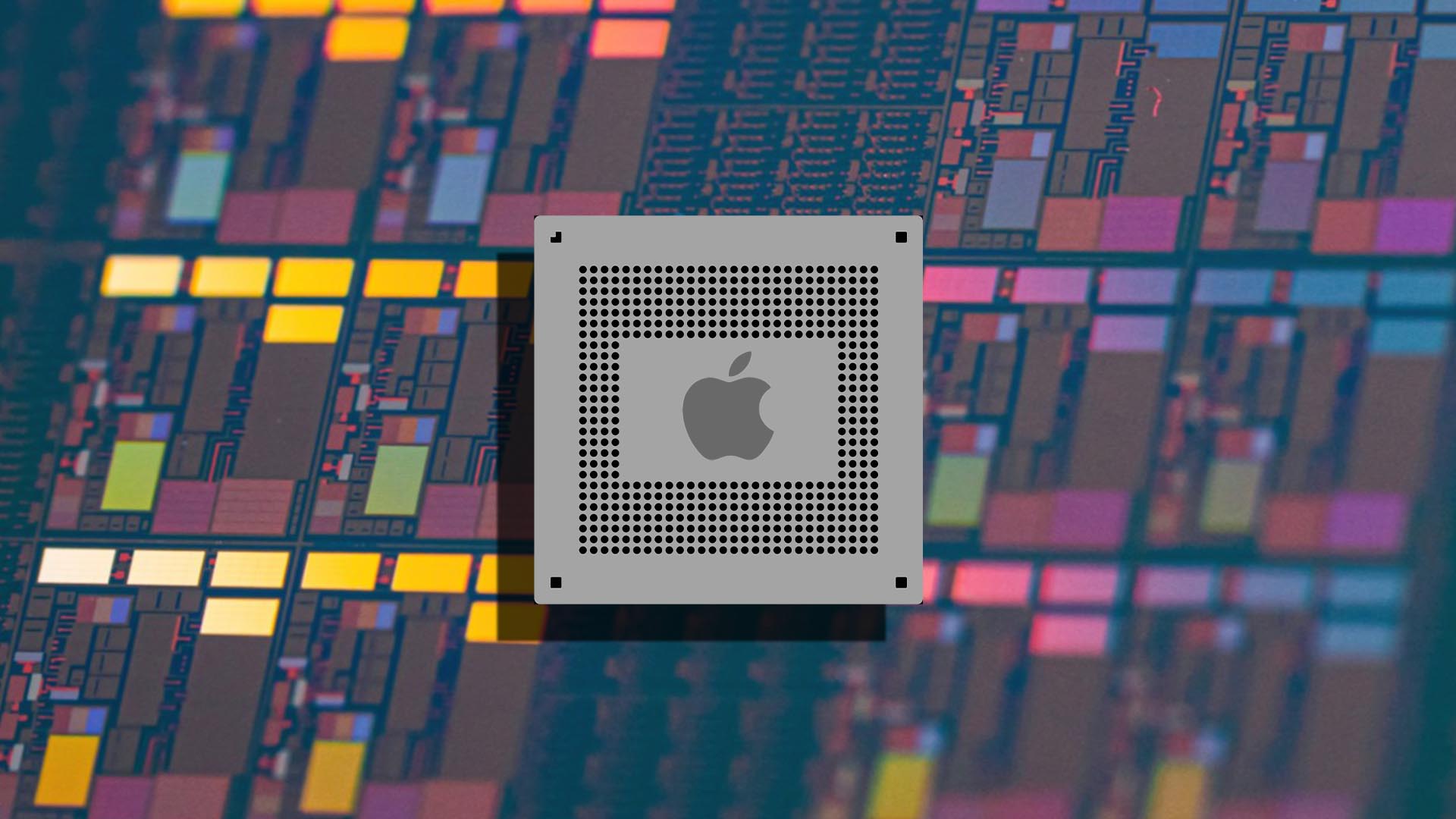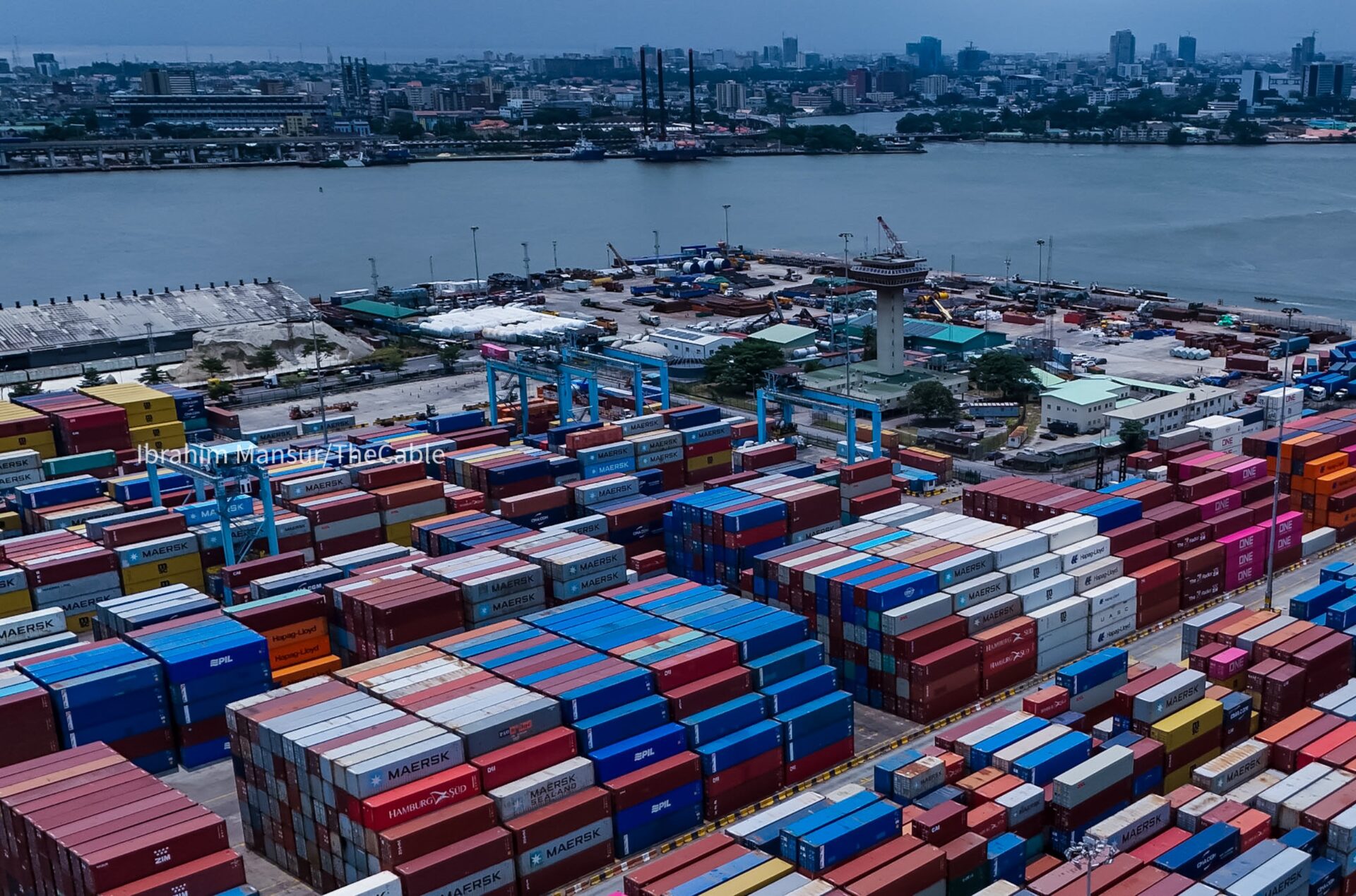Copyright Wccftech

How We Rate Rumors 0-20%: Unlikely - Lacks credible sources 21-40%: Questionable - Some concerns remain 41-60%: Plausible - Reasonable evidence 61-80%: Probable - Strong evidence 81-100%: Highly Likely - Multiple reliable sources RUMOR ASSESSMENT 45% Plausible The A20 and A20 Pro will be Apple’s first chipsets fabricated on TSMC’s 2nm process, pretty much highlighting the company’s propensity to jump to the newest manufacturing nodes as quickly as possible to have an advantage over the competition. On the same lithography, we expect the California-based giant to introduce a total of four chipsets, and after a couple of generations, Apple will switch to an even more advanced technology. The most obvious transition would be TSMC’s A16, or 1.6nm, but a report says neither company has entered talks for this node. Future Apple chipsets are expected to take advantage of TSMC’s improved 2nm N2P node Back in September, we reported that only NVIDIA has secured orders for TSMC’s 1.6nm chips as it plans to develop high-end AI GPUs for a bevy of customers. Even now, Korean media outlet EBN reports that the number of customers for TSMC’s A16 node remains unchanged, with an unnamed official hailing from a U.S.-based technology firm saying, ‘I understand that Apple’s mobile application processor (AP) is not yet in talks with TSMC.’ For the time being, the Cupertino firm has reportedly secured more than half of TSMC’s initial 2nm supply, with the technology being leveraged not just for chipsets that will fuel the iPhone 18 series, but also the M6 that is expected to be found in the new MacBook Pro models. After 2026, Apple may move to the slightly improved 2nm ‘N2P’ process for the A21 and A21 Pro, though a rumor claims that Qualcomm will utilize this lithography for the Snapdragon 8 Elite Gen 6 before its rival. While the following is unconfirmed, there is also the possibility that Apple moves to TSMC’s A14 node, or 1.4nm instead of A16 and we say this because the wafer manufacturer has already taken the first steps towards building production plants on its home turf, with an estimated investment of a whopping NT$1.5 trillion, or approximately $49 billion. TSMC appears to be heavily focused on the A14 technology and even though mass production is not expected until 2028, moving at this pace appears suspicious that the company is make such efforts just to appease Apple. So far, nothing is set in stone, and we recommend readers to treat this information with a pinch of salt and we will return with more updates. News Source: EBN



